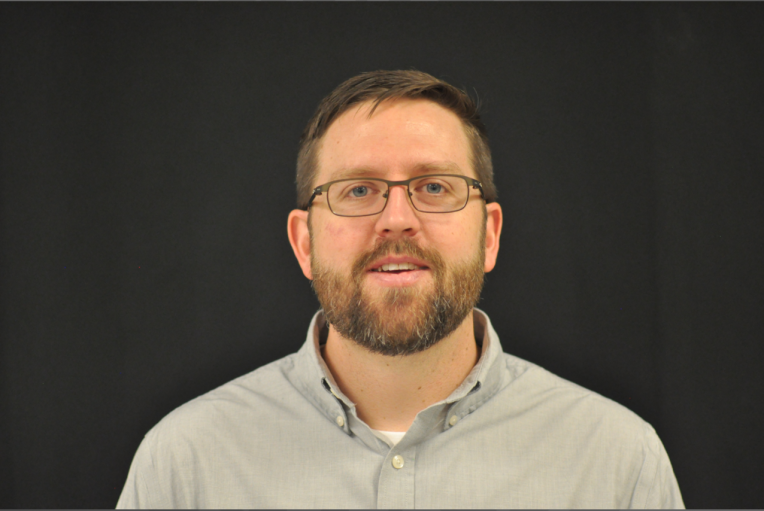CAST faculty member Jeritt Williams has had a busy year—serving as a faculty member in the Department of Technology, working toward his Ed.d. in the School of Teaching and Learning, and conducting interesting research.
He worked on one of his most recent research projects last fall, collecting data with a goal to understand how the rapid shift to virtual learning environments has impacted technology and engineering education.
“I’ve always been interested in how and why teachers teach the way they do, and how various factors, often beyond one’s own control, can play a role in that change. Due to the COVID-19 pandemic, many teachers (myself included) faced an incredible disruption to our teaching ‘way of life.’ Like many others, I had to scramble to discover and implement virtualized tools and resources that could serve as an alternative to providing the hands-on experiences my students have grown accustomed to,” said Williams.
While reflecting on his own situation, he began to explore how his colleagues in secondary education were facing similar scenarios.
“Prior to coming to the university full-time, I taught high school technology and engineering education for seven years. When I came to ISU in 2014, I landed in a role where I worked with teachers across the state to provide professional development opportunities, develop curricular materials, shape policies, promote workforce development, and so on. Although my current faculty position in the Department of Technology mainly involves serving the engineering technology major, I’ve maintained professional and collegial relationships with K-12 teachers and serve in an executive role in state-level organizations,” he explained.
To collect data for his research, Williams conducted interviews with teachers from various types of schools located throughout Illinois. The teachers he spoke to would normally teach using hands-on, project-based techniques, but had shifted online to use virtual tools and resources.
“The most common theme in the teachers’ stories, was that this rapid shift has caused them to reflect deeply on how they can be innovators and strategists. Many teachers had said that at the onset of shifting to 100 percent online teaching, they felt very uncomfortable with many aspects of it. Participants often shared very specific solutions for their problems, and I was able to find commonalities in their approaches and share them with other teachers and their networks,” he said.
In completing this study, Williams was not only able to contribute to the existing pool of research surrounding the COVID-19 pandemic but present many practical implications to educators and their networks.
“Revealing the prevalence these types of issues may play a role in shaping future educational policy or curricular development,” he said.
Williams notes that while navigating the COVID-19 pandemic created some logistical challenges in conducting the research, the project itself wouldn’t have existed without it.
He plans to continue working on research opportunities that involve simulated and virtualized learning environments. Some of his other recent work includes a project called Smart Grid for All, which involves virtual learning opportunities related to topics like electricity grids, energy careers, and home automations. His long-term research agenda includes looking at topics like extended reality applications in STEM education.
Want to learn more about potential majors within the Department of Technology? Visit their website for more information.

